Blog
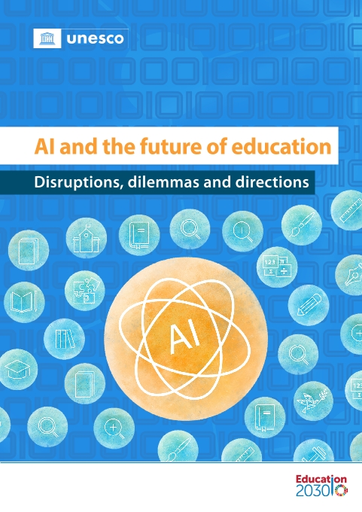
Why AI Readiness Is About Culture, Not Code
In conversations with education leaders across the Middle States network, one question keeps coming up: “How do we embrace AI without sacrificing what makes learning deeply human?”
Globally, education leaders are grappling with similar AI readiness questions, as reflected in UNESCO’s comprehensive new anthology, AI and the Future of Education: Disruptions, Dilemmas and Directions (UNESCO, 2025).

Advancing Ethical AI In An Online School System
Excel is pairing AI with competency checks so students can show what they know and get to the right next step. They will expand their in-course tutor and teacher-facing supports with the same closed-system guardrails.
“AI will help students demonstrate competency and then challenge them in ways that fit their learning style” — Charlie Buehler Hoard, COO

Leading the Way: What the UAE’s AI Mandate Signals for Schools Everywhere
This year marks a turning point for education. For the 2025–26 academic year, the Ministry of Education in the UAE is implementing an Artificial Intelligence curriculum across all public schools (Rasheed, 2025).
The goal of this curriculum is to strengthen students’ abilities to apply AI technology in a “safe, ethical, and responsible manner” (Rasheed, 2025).
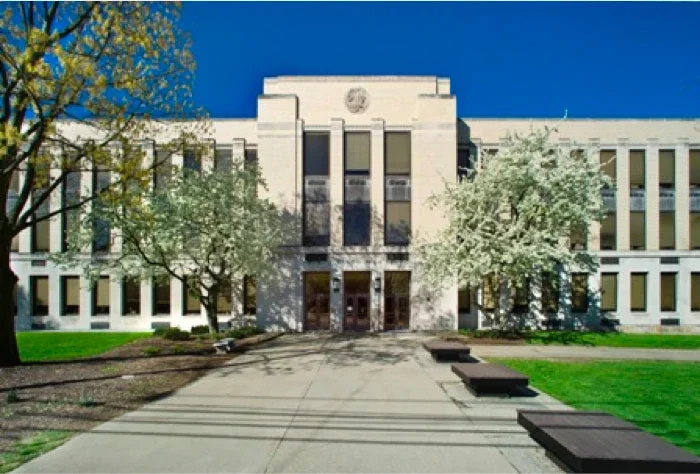
Leading With Process Before Product at Mt. Lebanon
Our latest spotlight features Mt. Lebanon High School in Pennsylvania. As a public school system, they approached AI with caution, not hype. With the RAIL endorsement as a guide, they created space for experimentation, grounded decisions in values, and made real shifts in both policy and practice. Their English department’s move to emphasize process over product is just one example of how responsible AI can drive deeper learning.
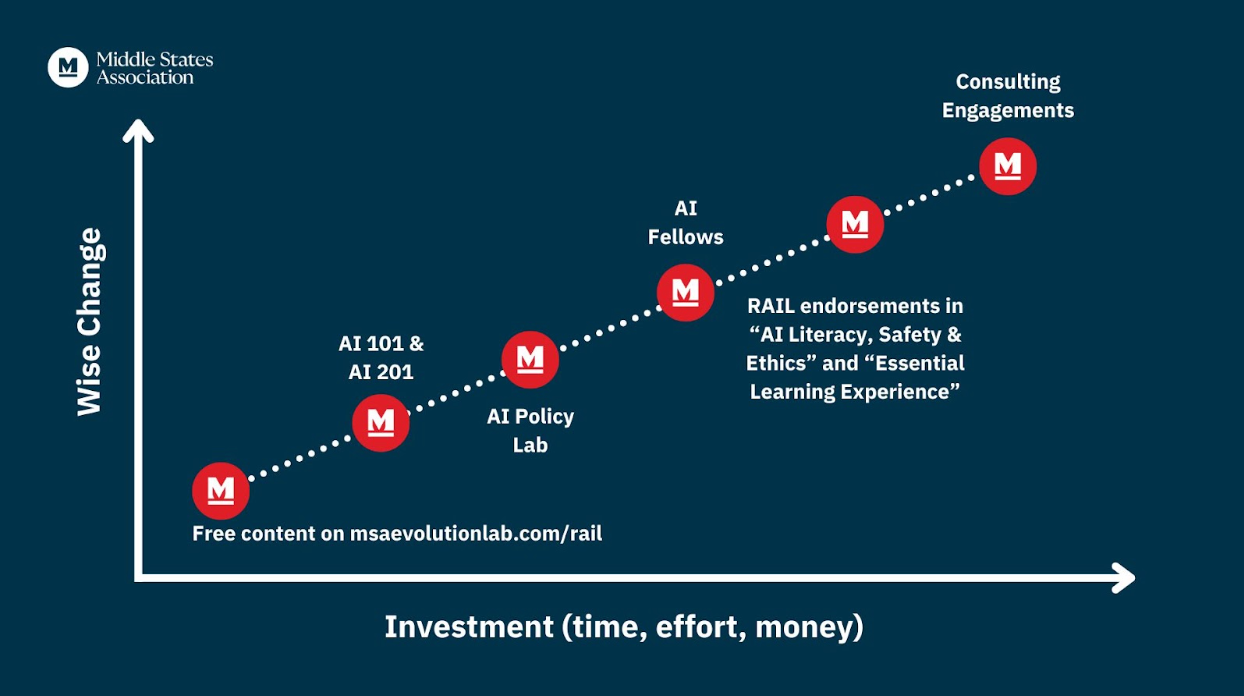
Emerging from Stealth Mode: Middle States AI Fellows
What if you aren’t ready for a full school commitment to AI? What do you do when only a few teachers are ready to lead the way? We have been working in stealth mode on something new to help schools adopt AI responsibly. It is an implementation framework that doubles as a community of practice. We call it AI Fellows.
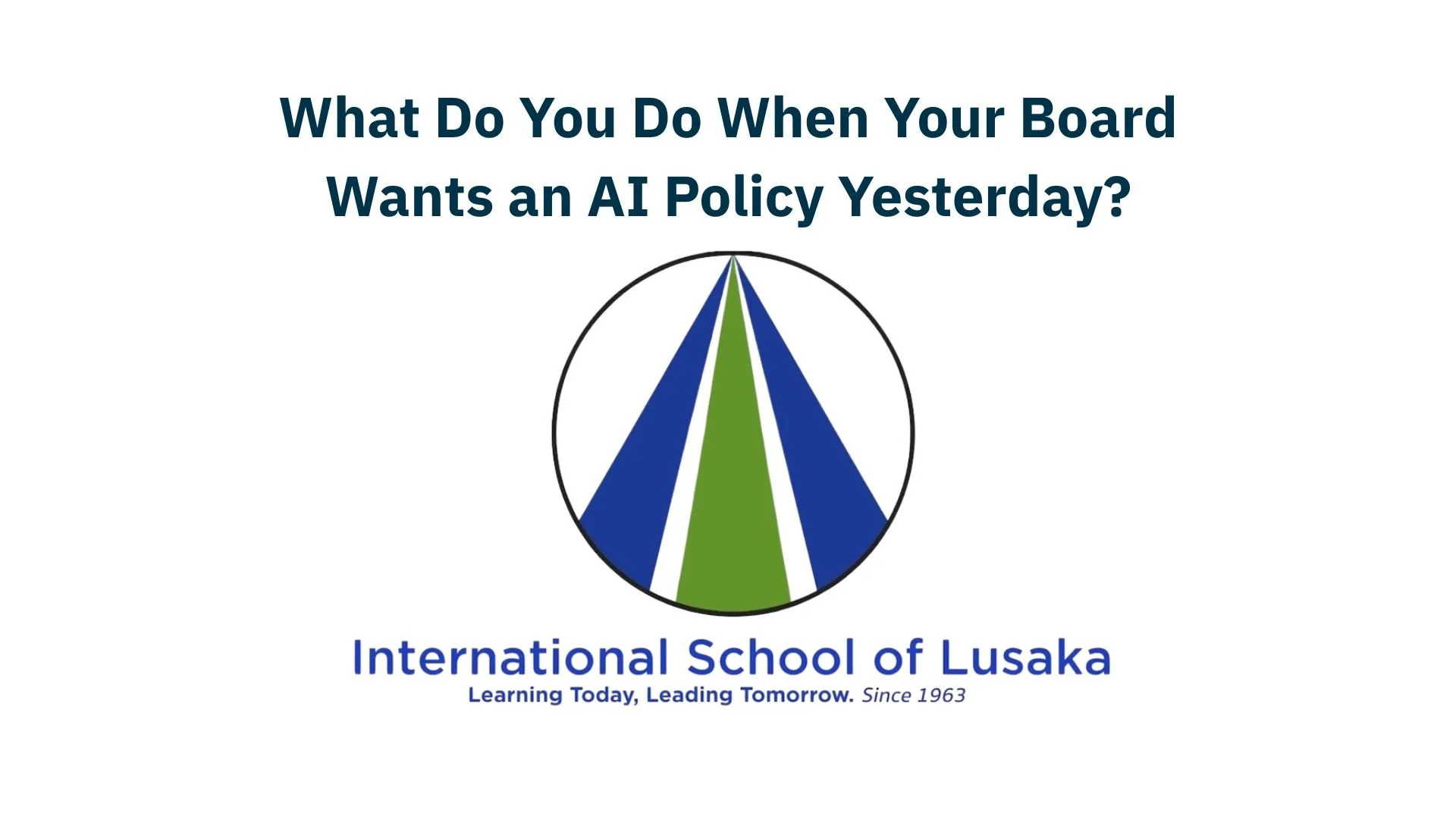
International School of Lusaka’s Strategic Response to AI
When ChatGPT was released in late 2022, Dr. Liam Hammer had other priorities as the new Head of School of the International School of Lusaka. But as AI conversations intensified globally, the ISL board began pressing for immediate action. A board member had used ChatGPT to write an AI policy for the school and wanted to ratify that policy.
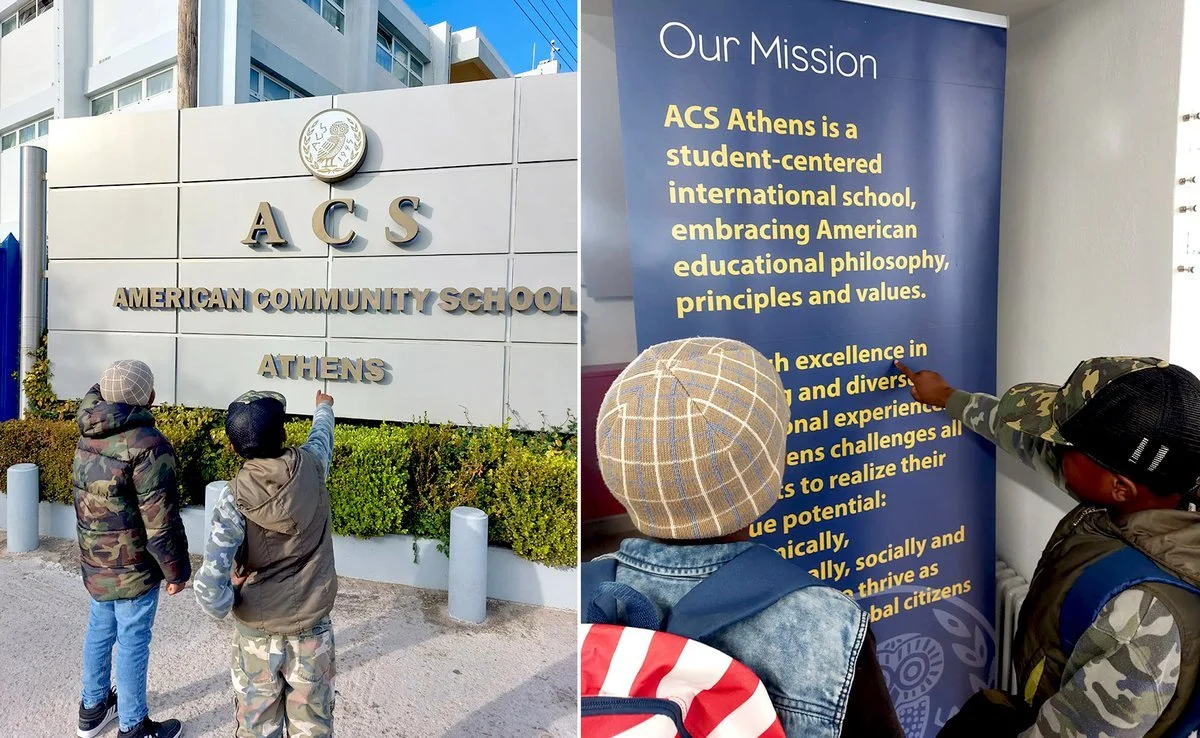
Leading Systemic Change With Responsible AI
August 2025 marks one year since the first pioneering schools completed the world’s first (and only) endorsement in AI Literacy, Safety, and Ethics through RAIL—Responsible AI in Learning. We celebrate this milestone by revisiting some of these early adopters to reflect on what has changed for them since.
ACS Athens is one of these exemplary schools. And they didn’t simply complete the RAIL endorsement experience—they used it to lead real, system-wide change.

A Lesson is Repeated Until It Is Learned
At Middle States, we define powerful learning as an experience in which learners develop purpose and agency as they develop knowledge, skills, and dispositions. ChatGPT Study Mode is not fostering purpose or agency. And it is questionable whether it is fostering knowledge, skills, or dispositions. Which means that at best, tools like ChatGPT’s Study Mode, KhanMigo, Claude’s Learning are anti-cheating tools.

The TAKE IT DOWN Act — And The Rise Of AI-Generated Harm
On May 19, 2025, the bipartisan TAKE IT DOWN Act—Tools to Address Known Exploitation by Immobilizing Technological Deepfakes on Websites and Networks—was signed into law in the United States. This legislation is a timely response to an escalating crisis: the online exploitation of minors, including through the creation and distribution of AI-generated deepfakes.

Agents vs. Agency
Who wouldn’t want a fleet of tireless agents doing all the stuff that you don’t have time for, don’t care to do, or maybe don’t even know how to do?
Or is it the start of a modern version of the Sorcerer’s Apprentice? We know how to summon the magic, but we may be about to learn a painful lesson about the difference between agents and agency.

The “Both / And” of AI in Education
Dan Meyer, who is something of an AI Cassandra, has consistently said that students want to learn with and from people who show those students that their thinking matters. AI cannot show a student that their thinking matters. AI can only simulate that kind of feedback.
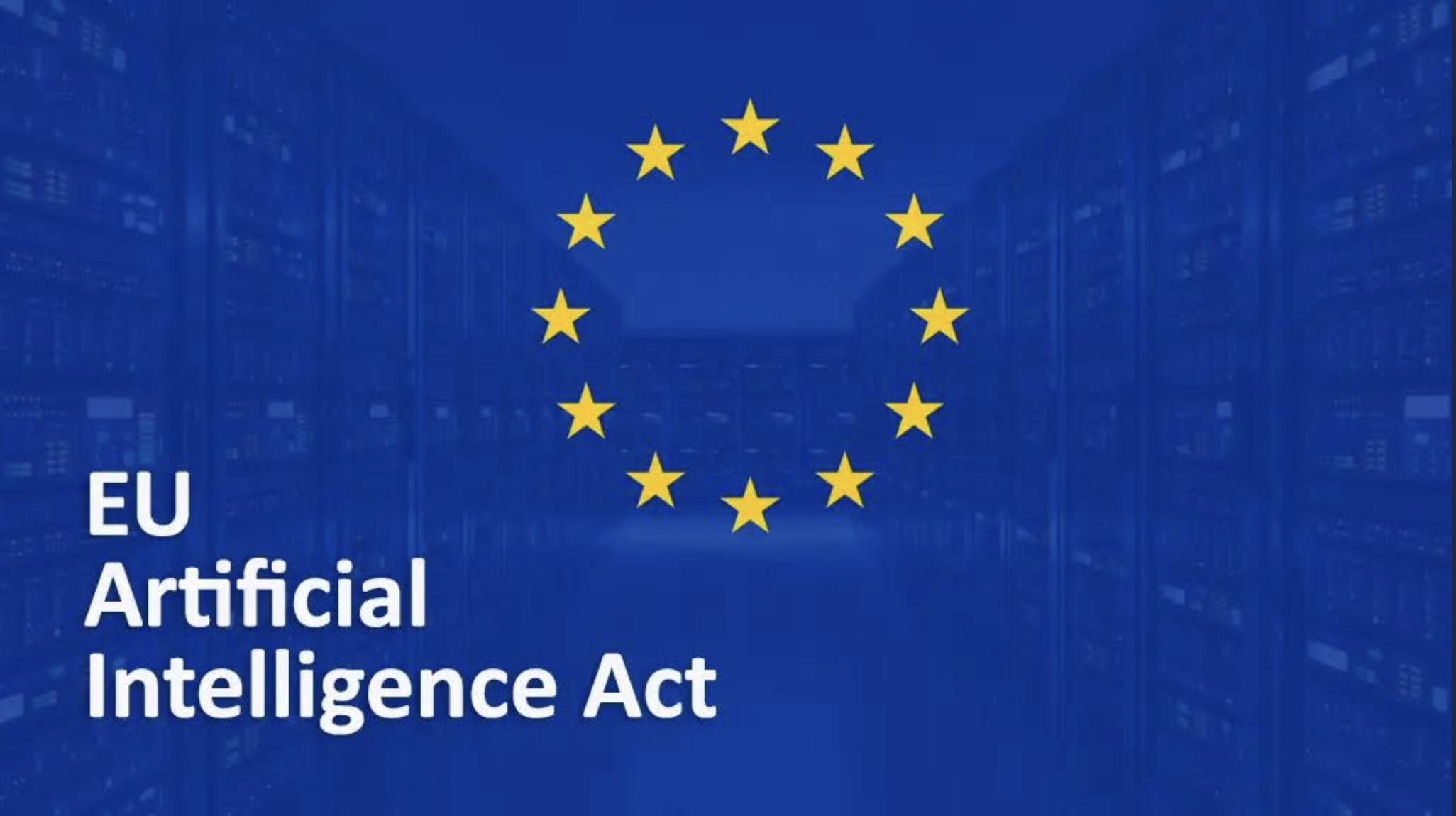
The EU AI Act Is Here: What Schools Must Do Now
While the White House's new AI Executive Order is making headlines, school leaders in the EU need to pay close attention to what's already in motion: the EU AI Act. Adopted in June 2024 and now entering into force, this landmark legislation formally recognizes schools as deployers of AI systems under Article 29—and that comes with real responsibility.

The Coming AI Tsunami
Have you been struggling to keep up with the constant updates, upgrades, and announcements about AI? Had you sort of checked out, because it had all become too much? There is a tsunami coming. Last week, the White House issued an Executive Order which articulates a significant federal commitment to AI literacy and education in the American K12 system.

Empowering Educators: 5 Must-Have AI Tools for Teachers in 2025
For teachers, gen AI presents a unique opportunity to personalize learning, get efficient and automate tasks, and enhance student thinking and engagement. Over the past year and a half, MSA has fervently championed the power of AI in education.

On DeepSeek and an Educational Red Flag
Whether it is DeepSeek “extinguishing” facts or ChatGPT providing sycophantic replies or any LLM providing the most likely (ie, “average”) response to a query, educators must develop strong AI literacy.

What’s More Addictive Than Tik Tok?
“Some frequent users of AI companion apps say safety concerns are overblown. They argue the apps are an immersive upgrade to the online experimentation young people have done for decades — from fan fiction on Tumblr to anonymous encounters in AOL chatrooms.”
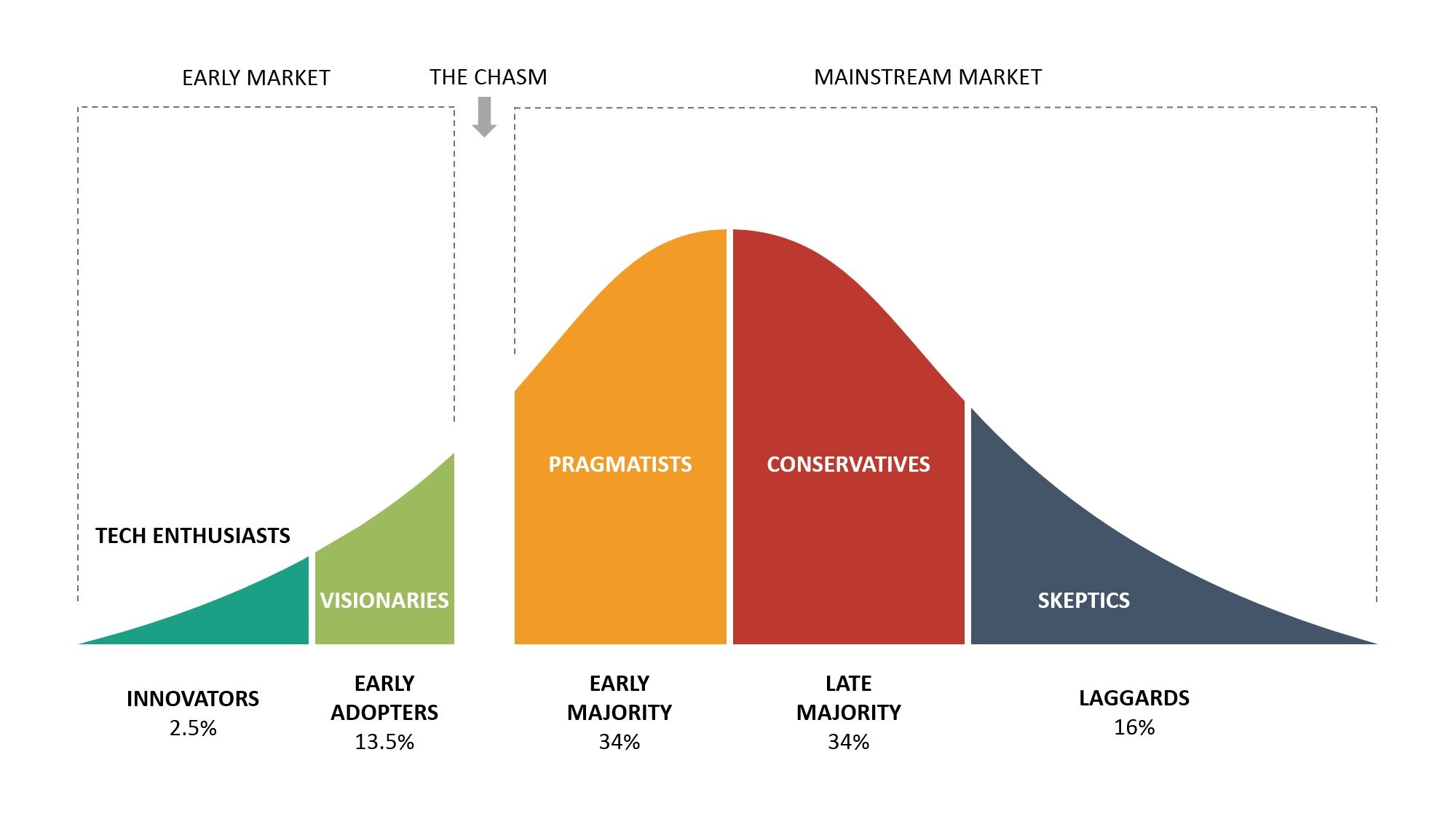
AI Advice for The 84%
According to innovation diffusion theory, 16% of any population will consist of “innovators” and “early adopters,” two psychographics that leap in feet first when they have access to an innovation.
But what about resources for the other 84%? …

Summer reading: ai in education
Given how quickly the AI landscape changes, it might seem counterintuitive to invest time in reading books on the subject. Yet a handful of books will reward your attention.
And at least one book on AI in education is not worth bothering with.
As you head into the summer with more time to read, I hope you’ll find these recommendations useful…

What Can Generative AI Teach Us About The Science Of Teaching And Learning?
In the evolving landscape of education, there can be no definitive approach to adopting generative AI. But plenty of misguided methods can serve as cautionary tales, guiding our exploration towards more informed and impactful uses.
At The Episcopal Academy’s Center for Teaching and Learning (CTL), we adopt a philosophy of curious enthusiasm and pragmatic optimism, continually learning and refining our approaches to technology in education.
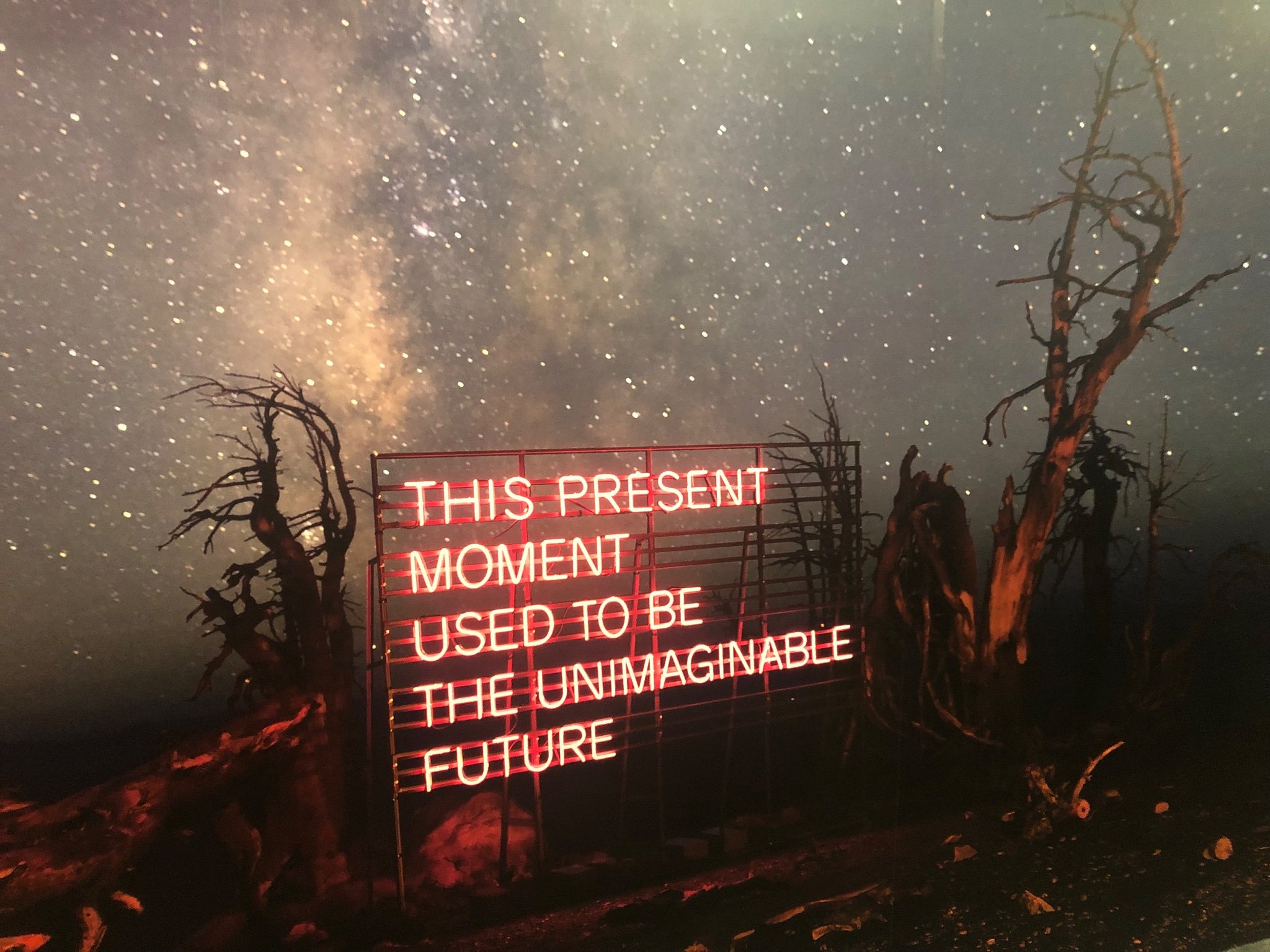
Education’s “before and after” moment
In our recent conversation about AI in education, Jennifer and I agreed that education is at the threshold of a “before and after” moment. We talked about four key takeaways for school leaders:
